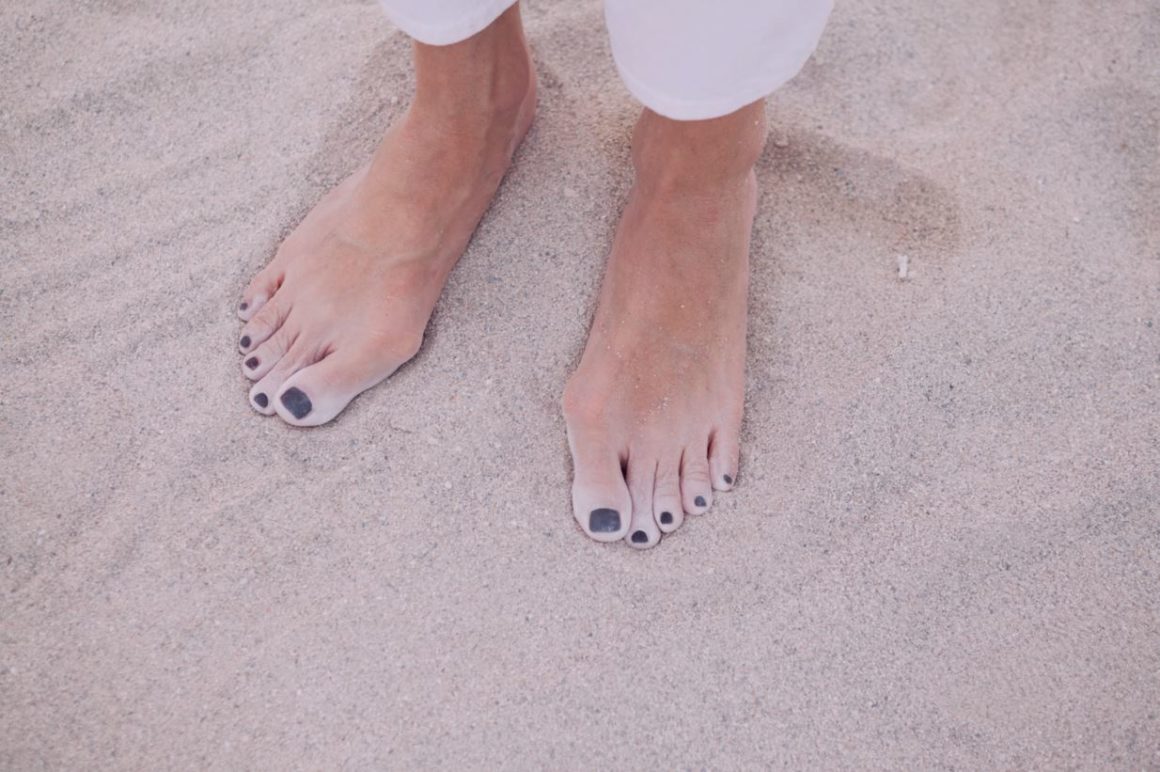Hallux valgus, which in Latin means “crooked toe”, can cause pain when they walk, wear shoes, or balance. Also called bunions or ganglions, hallux valgus can affect the appearance, function, and comfort of your feet. In this article, we explore the causes, symptoms, and treatments of the ailment and provide you with helpful information you can use to help reduce your pain and encourage proper foot alignment.
What Is a Hallux Valgus?
A hallux valgus, commonly known as a bunion or ganglion, is a deviation of the big toe that points it toward the outer edge of the foot. A hallux valgus affects the joint at the base of the big toe, called the metacarpophalangeal joint. With a hallux valgus, the metacarpophalangeal joint does not line up with the tendon in the big toe and can create an inflamed protrusion that looks like a lump on the inside edge of the foot.
What Are the Causes?
There are several possible causes for developing a hallux valgus, including:
- Genetics:
- There is a congenital predisposition associated with hallux valgus, which means that if you have a family member with bunions, you are more likely to develop them too. This represents almost 30% of cases.
- Health: Certain diseases like poliomyelitis or rheumatoid arthritis can cause a hallux valgus. Splayfoot, or a drop in the front arch of the foot, also causes a hallux valgus.
- Age: Age and menopause can also be contributing factors for developing the deformity.
- Shoes: Tight-fitting, pointed toe, and high-heeled shoes have also been linked to the appearance of bunions.
What Are the Symptoms?
The symptoms of bunions can vary depending on their severity and from one individual to another. Sometimes a hallux valgus can make it difficult to wear certain shoes or affect the appearance of your foot, but not all bunions have symptoms associated with them. It is usually recognized by the discomfort felt that comes from the inflammation of the joint. Sometimes under a red, hot and tender appearance of the skin there, the stiffness due to osteoarthritis can interfere with walking. If your case develops, however, you may notice symptoms like:
- Inflammation: One universal symptom of bunions is a reddened and enlarged ball at the metatarsophalangeal joint. The big toe deviates to the side, creating a ball-like protrusion at the joint.
- Reduced flexibility: Your big toe might feel stiff. Arthritis can develop where the connective tissue of the joint wears thin because of friction.
- Joint pain: Joint pain can result from arthritis, inflammation, or conflict with shoe edges or other sources of friction.
- Nerve compression: Compression of the median nerve against the bone of the foot can create an additional source of pain.
- Metatarsalgia: Metatarsalgia occurs when the ball of the foot becomes painful and inflamed.
How to Relieve and Treat Pain
If you suffer from a hallux valgus and are experiencing foot pain, here are some options that can help reduce your discomfort and discourage further development of the deformity:
- Custom Foot Orthotics: Plantar orthotics are orthotics you can use to help restore your biomechanical and postural alignment, which can help relieve foot pain associated with bunions.
- Foot orthotics: Foot orthotics are devices you can use to help you re-establish your biomechanical and postural alignment, which can help relieve foot pain associated with bunions.
- Clinical orthopedic shoes: Clinical orthopedic shoes can offer more advanced relief for hallux valgus sufferers because they offer support for specific conditions and pathologies. Investing in a pair of technical shoes can offer pain relief and help you walk more comfortably.
- Surgery: In severe cases, you might explore surgical options if you’ve exhausted more conservative treatment options
Hallux valgus is a common ailment that can cause pain and discomfort in your feet and big toe. However, there are options available that can help reduce suffering, encourage corrective alignment, and eliminate friction from ill-fitting, high heeled, or pointy-toed shoes. Consider talking to your doctor and visiting the Médicus website to explore workable solutions for hallux valgus like foot orthotics or clinical orthopedic shoes.
Validated by Jacinte Bleau, President and orthotist at Médicus

